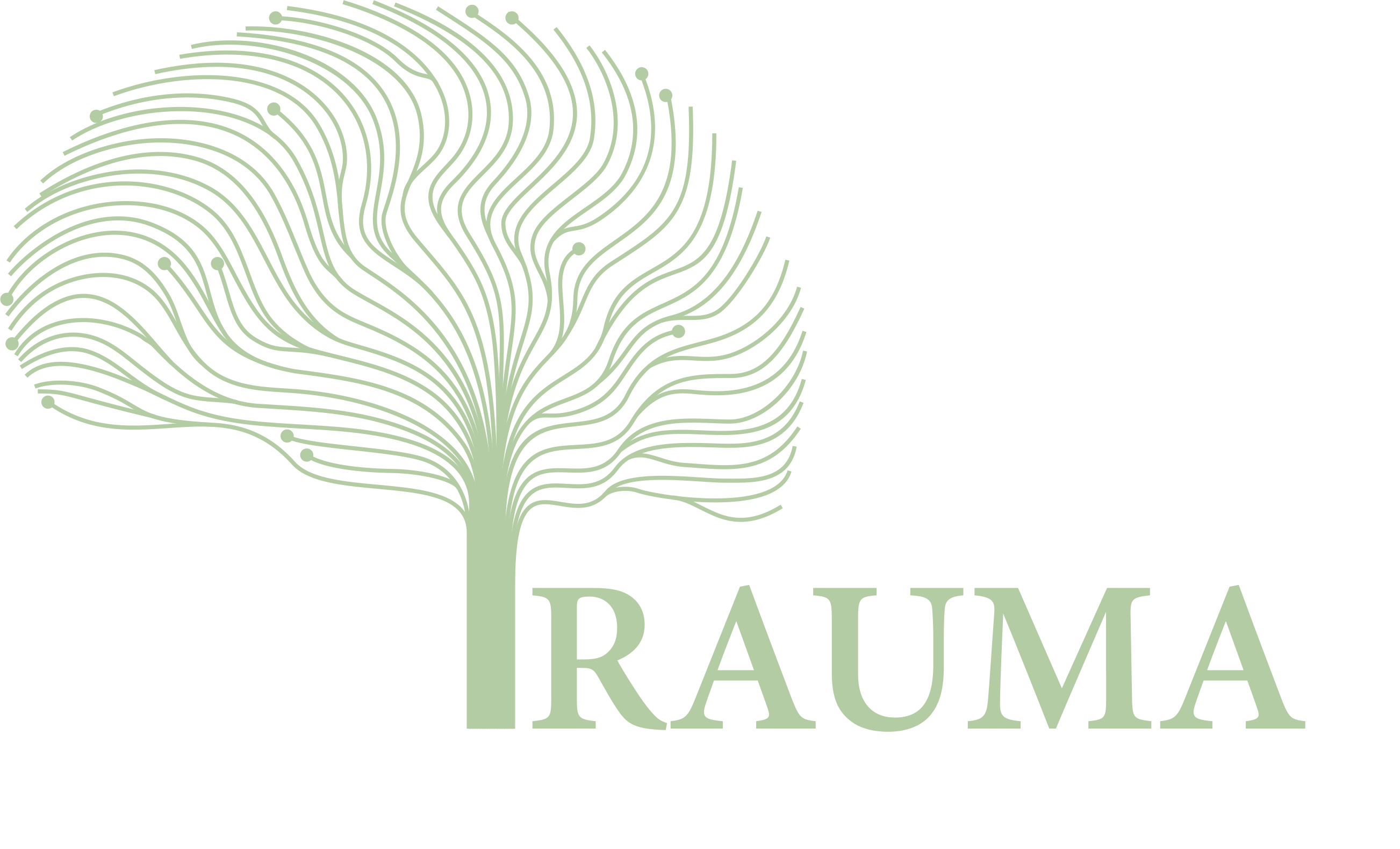Child-Parent Psychotherapy
Child Parent Psychotherapy (CPP) is one of the most effective trauma therapies for children ages 0-6 who have experienced at least one traumatic event. Oftentimes, young children will respond to trauma with increased tantruming, clinginess, worry, aggression, trouble sleeping, night terrors and/or other challenging behaviors. CPP is a research-based therapy proven to support children after childhood trauma’s including a sudden or traumatic death of someone close, separation from a parent, sexual abuse, neglect, exposure to domestic violence, or a serious accident.
The primary intent of CPP is to foster and strengthen the attachment within the parent-child or caregiver-child relationship. This relationship is believed to be the avenue for healing childhood trauma and can be supported through this infant and young child therapy. CPP brings attention to how building the parent-child relationship is key to renewing the child’s ability to behave appropriately and socialize in a healthy manner. CPP treatment is highly individualized, meaning that it always integrates the parent-child relationship with connection to your unique background, cultural beliefs, spiritual beliefs, socioeconomic factors, immigration status, etc.
The framework of CPP sessions may differ depending on the type of trauma experienced and the child’s age and developmental stage. Your CPP therapist will guide each caregiver and child to collaboratively create a narrative of the traumatic event that the child experienced, putting the traumatic experience into perspective. Children learn, or re-learn, a sense of safety through play and sensory processing that matches their developmental level. Play is used to bring attention to the internal experience of the child and as a vehicle to help the caregiver thoughtfully understand and communicate with their child – sometimes around very mature concepts. CPP therapists can also guide caregivers to address any history of trauma they themselves experienced that may affect interactions with their child and support the caregiver to build new and helpful interactions with their child.
Our experienced therapists know the impact that trauma can have on a child as well as a family. We support caregivers and children by creating a healing space and structure where children can rebuild relationships in new ways.



